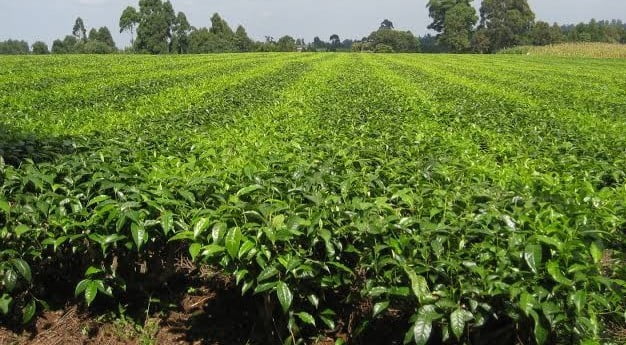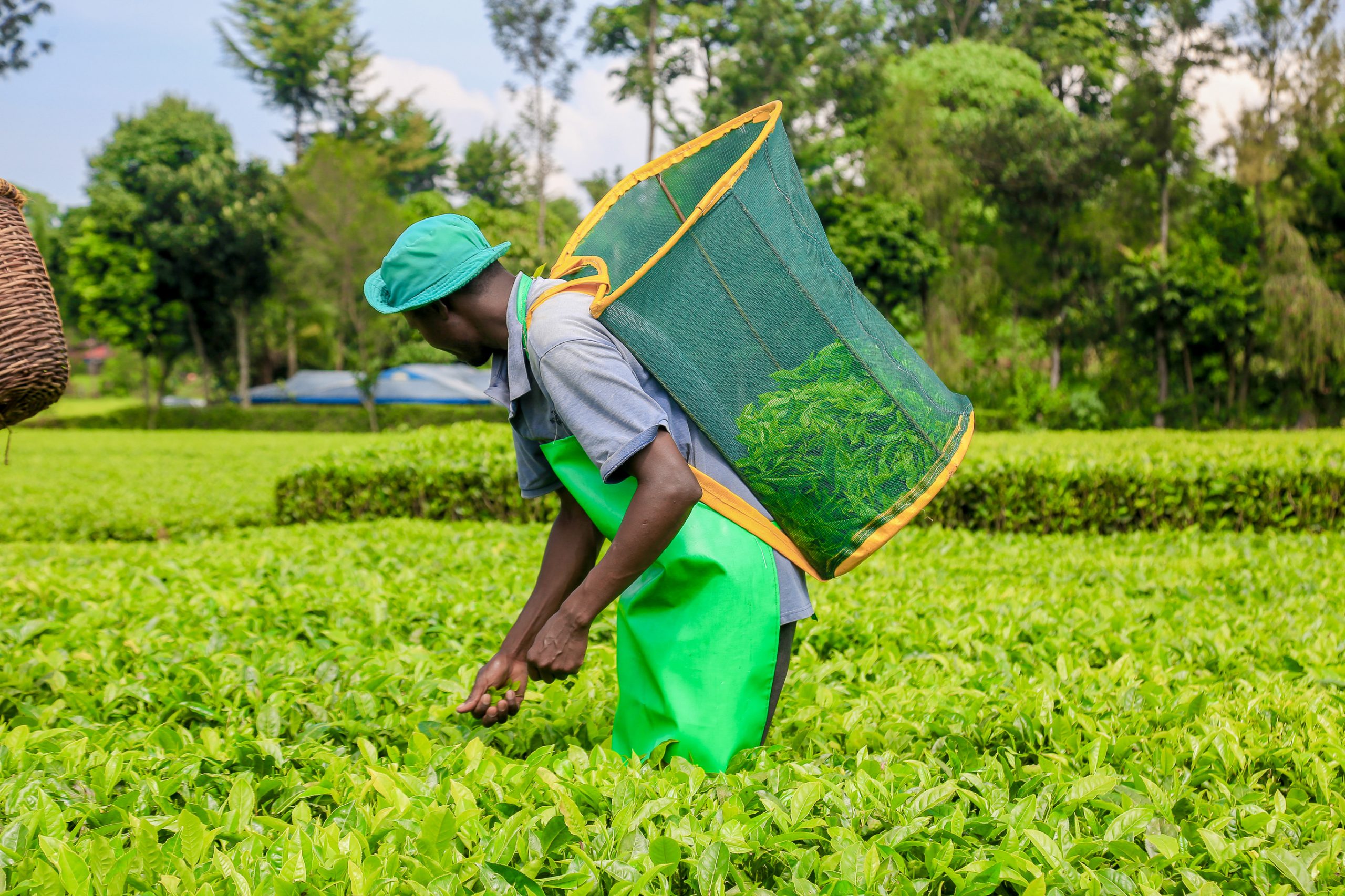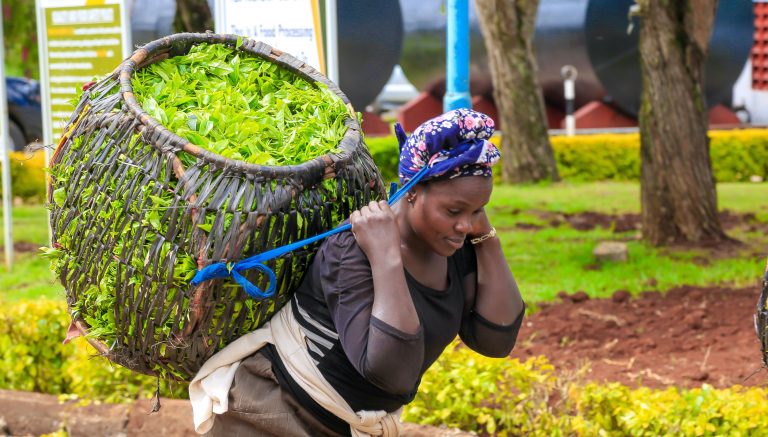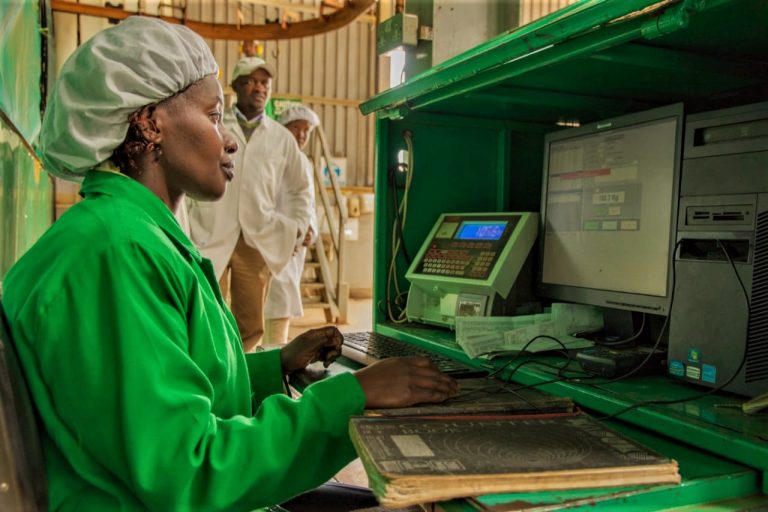More than 51,000 smallholder farmers, mainly tea growers in Kirinyaga and Embu counties, are set to benefit from a six-month training programme spearheaded by the Rainforest Alliance under the Mount Kenya Sustainable Landscape and Livelihoods (MUSULLI) Project.
Speaking in Kirinyaga, Rainforest Alliance Country Director Marion Ng’ang’a said the initiative, themed “Pesa Mfukoni” (Money in the Pocket), is designed to equip farmers with skills in agribusiness, diversification, human rights, and environmental conservation.
Ng’ang’a noted that over 20,000 farmers have already undergone training in partnership with eight tea factories in the region. She emphasized that the programme is aimed at reducing overreliance on tea and coffee.
“Our goal is to help farmers diversify income sources, embrace agribusiness management, and conserve the fragile ecosystem that sustains agriculture,” Ng’ang’a said.
The training focuses on four core areas: gender mainstreaming and human rights, diversification into alternative farming ventures, agribusiness management and financial literacy, and home economics to improve food security and nutrition.

Ng’ang’a highlighted the urgency of adopting sustainable practices, pointing out that one in five Africans still face hunger. She called on women and youth to take advantage of the programme, and urged farmer groups to register legally in order to access grants, loans, and government support.
She also cautioned that without stronger environmental conservation efforts, climate change could further shrink land under tea and coffee, undermining quality. She noted that more than 70 percent of participants in graduation ceremonies have been women and youth, underscoring their potential in agribusiness.
MUSULLI Project Officer Alan Kinuthia announced that each tea factory will receive a Sh1 million revolving fund to support farmer-led projects. According to Kinuthia, many factories are investing in avocado farming, beekeeping, and small-scale tea packaging enterprises.
“These interventions will not only create alternative income streams but also help farmers improve the quality of their tea while building resilience against changing weather patterns,” Kinuthia said.
Examples of diversification already underway include beekeeping at Thumaita Tea Factory, tea packaging at Kathangarii Tea Factory, and avocado farming at Ndima Tea Factory.
“Here in Ndima, we have 28,000 Hass avocado seedlings, which will be distributed to farmers so they can diversify their sources of income,” Kinuthia explained. He added that the seedlings are of high quality and suited to the local environment, and that farmers will be linked to reliable markets and given support as needed.
Ndima Tea Factory Vice Chairman, Muchiri Wachira, welcomed the programme, saying it would help farmers lower production costs through modern methods and the use of bio-chemicals.
Farmers themselves are already seeing results. Lilian Nyawira, a smallholder from Ndima, said the training had enabled her to start additional income-generating activities alongside tea.
“We were taught how to save, invest, and diversify. This gives me financial security even when tea prices fall,” Nyawira said.
Ng’ang’a added that the project is also focused on preparing future generations of skilled farmers. She urged families to embrace peace and unity to strengthen household development and reduce poverty.
The MUSULLI programme will continue rolling out training across the Mt. Kenya region as part of broader efforts to strengthen agribusiness, boost livelihoods, and promote environmental conservation.





